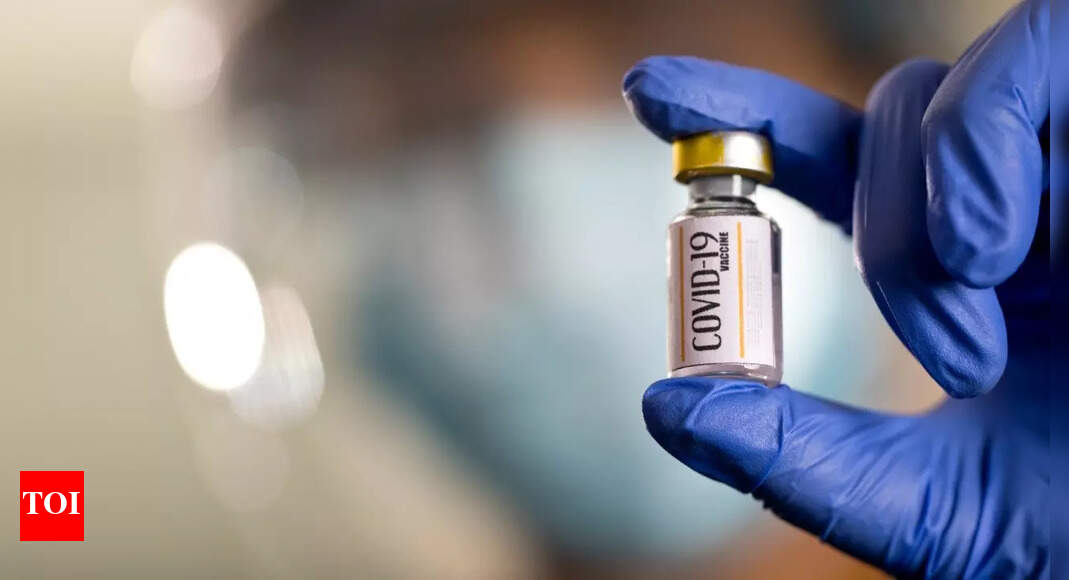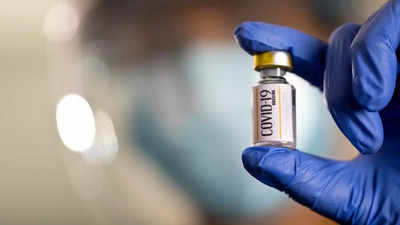
The COVID-19 vaccinations have played a pivotal role in saving countless lives throughout the pandemic. Nevertheless, some individuals have reported adverse effects post-vaccination, including fatigue, exercise intolerance, brain fog, tinnitus, and dizziness. A recent study conducted by researchers at Yale University has explored a largely misunderstood and persistent condition known as post-vaccination syndrome (PVS).
Published as a preprint on February 19, this research provides insights into the condition, examining the immunological differences between those affected by PVS and those who are not.
“This research is in its initial stages, and further validation is necessary,” noted Akiko Iwasaki, Sterling Professor of Immunobiology at Yale School of Medicine (YSM) and one of the study’s senior authors. “However, this is a promising step that may lead to improved diagnostic and treatment options for PVS in the future.”
The persistent symptoms associated with PVS include:
- intolerance to exercise
- extreme fatigue
- cognitive difficulties (brain fog)
- sleep disturbances (insomnia)
- dizziness
These symptoms typically manifest shortly after vaccination, often within a day or two, and can intensify in the days that follow.
“It is evident that some individuals are facing significant hurdles post-vaccination. As scientists and healthcare providers, it’s our duty to heed their experiences, thoroughly investigate the underlying causes, and seek solutions,” emphasized Harlan Krumholz, Harold H. Hines, Jr. Professor of Medicine (Cardiology) at YSM and co-senior author of the study.
To better understand both long COVID and post-vaccination syndrome (PVS), researchers analyzed blood samples from participants in their Listen to Immune, Symptom, and Treatment Experiences Now (LISTEN) study. They compared results from 42 individuals exhibiting PVS symptoms with 22 individuals who did not show symptoms following COVID-19 vaccination.
The findings revealed notable variations in immune cell profiles between the two groups. Participants with PVS exhibited decreased levels of effector CD4+ T cells and elevated levels of TNF-alpha+ CD8 T cells—both types of white blood cells—amongst other distinctions.
Additionally, researchers observed discrepancies in antibody levels. Participants with PVS who had not contracted COVID-19 showed lower levels of antibodies targeting the virus’s spike protein, likely due to having received fewer doses of the vaccine compared to those without PVS. Consequently, their immune systems had limited opportunities to develop adequate protection against the virus.
Moreover, some individuals with PVS displayed elevated levels of the SARS-CoV-2 spike protein, even without prior infection. Typically, this spike protein vanishes from the body days after vaccination, but for certain cases of PVS, it remained detectable for over 700 days. This prolonged presence of the spike protein has also been associated with long COVID.
“Finding the spike protein in circulation so long after vaccination was unexpected. While we can’t definitively link spike protein levels to chronic symptoms—since some participants with PVS had no measurable spike protein—it might represent one of several mechanisms driving this syndrome,” Iwasaki stated.
Krumholz further suggested that PVS could share similarities with other chronic post-infection conditions, each potentially arising from unique biological pathways. “One individual might face chronic symptoms due to immune dysregulation, while another may suffer lingering effects from reactivated viruses. It’s imperative that we delineate these pathways to gain a clearer understanding of each case. This research is only beginning, and continued studies are vital for informing diagnosis and treatment,” he commented.
The researchers emphasized the need for a deeper comprehension of PVS to enhance vaccine efficacy while minimizing side effects. “If we can identify why the spike protein persists in some individuals, for instance, we may be able to eliminate it—potentially using monoclonal antibodies—which could alleviate PVS symptoms,” Iwasaki, who also holds roles in dermatology and epidemiology at Yale, indicated.
“Our understanding of PVS is still in its infancy. Every medical intervention comes with certain risks, and it’s crucial to recognize that adverse reactions can accompany vaccinations. Our primary focus should remain on comprehensively understanding the experiences of affected individuals through thorough scientific inquiry, while addressing their needs with empathy and openness,” Krumholz concluded.










